Lebanon loses Ziad Rahbani, its uncompromising cultural conscience
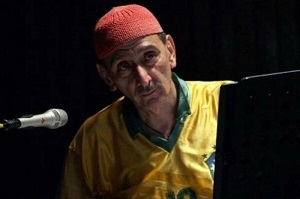
The Jordan Times
AMMAN — On Saturday, July 26, 2025, Lebanon lost one of its most fearless and inventive cultural voices: Ziad Rahbani, the visionary composer, playwright, pianist and political provocateur, passed away at the age of 69, according to the Lebanon's National News Agency and family statements.
Born in 1956 near Beirut, Ziad was the eldest son of legendary singer Fairuz and composer Assi Rahbani, one half of the iconic Rahbani Brothers. Coming from a family of artists, he proved his talent early on —writing his first piece for Fairuz by age 17, and breaking into theatre with Nazl elSurour (Happiness Hotel, 1974)
Though born of a celebrated musical house, Ziad quickly forged an independent identity: irreverent, sharptongued, politically charged. Nazl elSurour dramatized class inequality and elite corruption through bittersweet satire, announcing a bold new direction for Lebanese theatre that shattered the romantic folkloric style of his parents’ generation.
In the following decades, works like Bennesbeh Labokra Chou? (What About Tomorrow?) cemented his reputation as the voice of Lebanon’s disappointed generation. Featuring haunting melodies and pointed commentary— “They say tomorrow will be better, but what about today?”—these performances captured the surreal disappointment of civil war Beirut.
Beyond theatre, Ziad’s musical vision was eclectic and daring: blending traditional Arabic and Lebanese folk, jazz, funk, classical Western harmonies. The result was an instantly recognisable fusion that challenged tradition while remaining deeply rooted in Lebanese sensibility.
During the late 1970s and 1980s, Fairuz performed many of his compositions—such as Bala Wala Chi and Kifak Inta— marking the beginning of a darker, more thoughtful period in her songs.
Throughout his life, Ziad remained uncompromising in his political stances: a selfprofessed leftist and longtime affiliate of the Lebanese Communist Party. He used theatre, radio journalism and newspaper columns to critique corruption and social injustice. His ideological consistency and satirical sharpness made him a beloved and sometimes controversial presence in Lebanese public life.
Lebanese President Joseph Aoun described Rahbani in post on X as “not just an artist, but a complete intellectual and cultural phenomenon,” adding that he was “a living conscience, a rebellious voice against injustice, and an honest mirror reflecting the suffering and marginalized. Prime Minister Nawaf Salam and other senior figures echoed the sentiment, calling his passing “a national loss” and praising his unwavering defense of dignity and justice.
In recent years, Ziad had largely withdrawn from public performance—but his influence only deepened. Younger generations rediscovered his plays online and sampled his music in protest movements.
He has survived by his 90yearold mother, Fairuz, and his siblings Reema and Hali. Though he spent his final years away from the spotlight, Lebanon and the Arab world remain indebted to his uncompromising creativity.
In mourning Ziad Rahbani, the region not only mourns a multitalented artist—but acknowledges the loss of a relentless conscience who spoke truth through art.
Latest News
-
 Sandstorm blinds Amman; authorities warn of low visibility
Sandstorm blinds Amman; authorities warn of low visibility
-
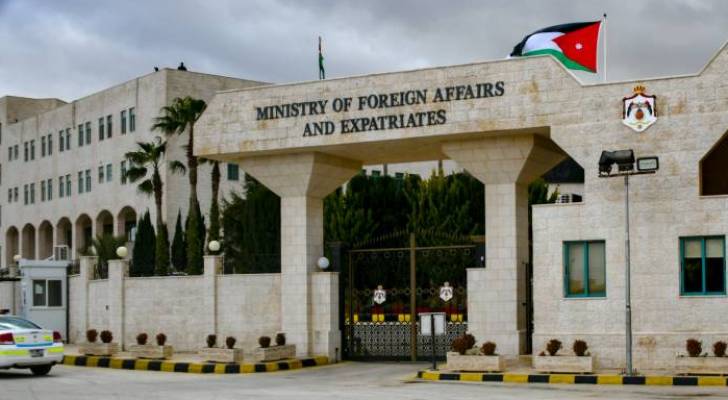 Jordan to host joint meeting with Syria, US
Jordan to host joint meeting with Syria, US
-
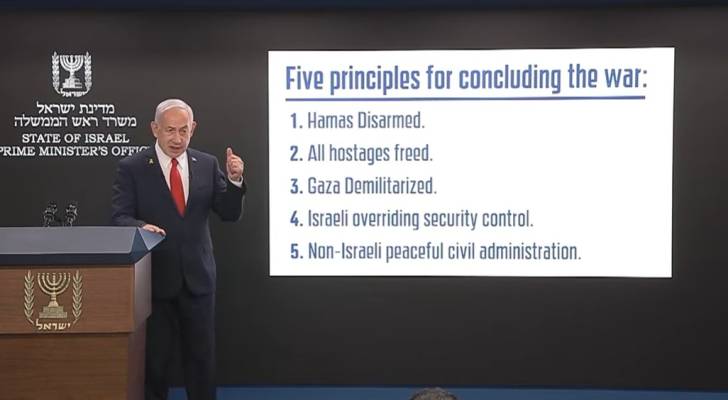 "Our goal is to liberate Gaza, not occupy it, as Hamas vows repeat of Oct. 7", says Netanyahu
"Our goal is to liberate Gaza, not occupy it, as Hamas vows repeat of Oct. 7", says Netanyahu
-
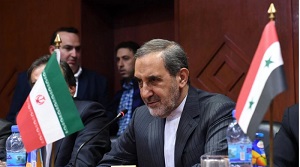 Iran opposes Hizbollah disarmament — Khamenei adviser
Iran opposes Hizbollah disarmament — Khamenei adviser
-
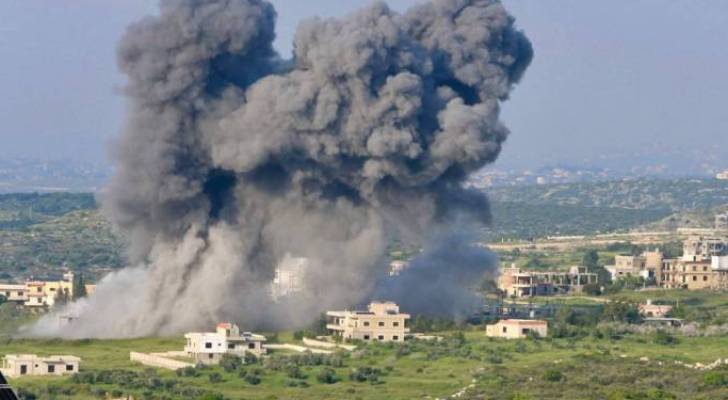 "Israeli" drone strike kills one in southern Lebanon
"Israeli" drone strike kills one in southern Lebanon